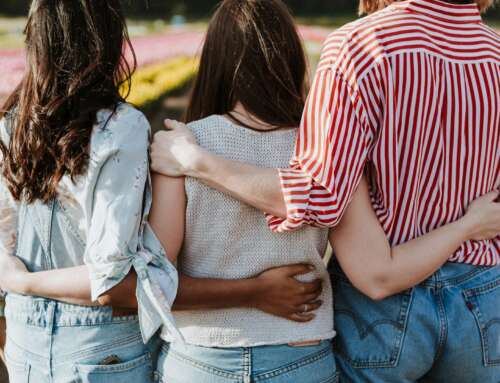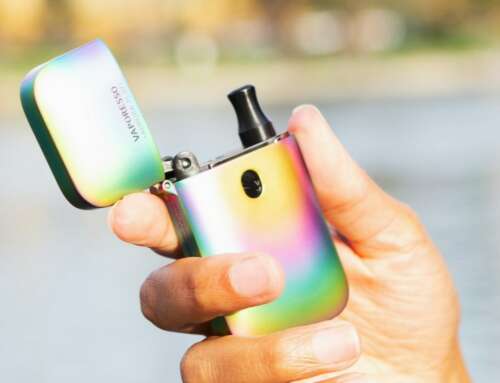Dr Rebecca Huntley is a social researcher and author. She recently conducted the 2011 Ipsos Mackay Report, Being Australian, which explored perceptions of what it means to be ‘Australian’ in today’s social, political and economic climate.
The report involved talking to more than 100 men and women, from lower-middle to upper-middle socio-economic groups, participating in 15 group discussions in Sydney, Melbourne, Adelaide, Newcastle and Ballarat.
Interestingly enough the usual topics of immigration and different ethnic groups within Australia were not the hot topics, instead the issues that really concerned most Australians were how we have become a country that serves the interests of major corporations rather than protecting the importance of family life.
Dr Huntley said “Their big worries were about what you might call economic justice.” In short, Australians are far more concerned about overwork than dole-bludging, and the days of hero-worshipping sportsmen and revelling in a beer-soaked recreational culture are over. “If you were to ask me what really stood out about the change in attitudes, it would be those three things – work, sport and booze.”
Protecting the Australian way of life
Most Australians are concerned with the new demands that are now being made on their working lives and how this is affecting their family life.
“Corporate greed and big business practices were a source of concern for some consumers who feared that with longer working hours and stricter work conditions, they were missing out on the perks of the Australian lifestyle.”
“Being Australian, we want to do our eight hours a day and expect to go home to spend time with the family, our kids and that,” another focus group participant said.
“Big business has made shops open longer and even though we might be part-time, our week is stretched out a lot more because they can make the hours any time they like and we have to fit our lifestyle around it. So your whole weekend is wrecked.”
Dr Huntley said “Instead of the dole-bludgers and slackers image that participants in the 1988 study feared would increase, participants in 2011 wondered whether Australia had gone to the other extreme and transformed into a nation of workaholics and alcoholics.”
A sporting way of life
Traditionally sporting heroes have been untouchable, held up as icons of the Australian way of life. But this perception is now changing with growing concerns about the lifestyles of some of these heroes and the role model they present to young people today.
“There was concern that some contemporary sport stars abused their position.” Being Australian says. “Participants expressed disgust that bad behaviour by sports stars was overlooked or even celebrated in Australia simply because of their sporting achievements and hero status.”
Sporting scandal after sporting scandal, filled with group sex, drugs, ‘sexting’ and alcohol have greatly dampened any admiration for athletes, as this exchange between two men illustrates:
“Look at Ben Cousins.”
“Fevola as well. So much talent and just throwing it away because he’s made a fool of himself.”
“How does he look to the rest of the world when they see him the way he behaves?”
“He’s going to make his millions.”
“Well, he shouldn’t. He should be robbed of all his millions and discouraged to do that.”
It was not just the immoral lifestyles of these athletes that came under scrutiny in the report, their egos, flippant attitudes and obnoxious exploits fuelled by high wages also took a battering, with many Australians denouncing their behaviour and attitudes.
On the other hand, high-profile medicos – such as the eye surgeon Fred Hollows (who died in 1993), the cancer surgeon Chris O’Brien (who died in 2009), the brain surgeon Charlie Teo and the burns specialist Fiona Wood – were praised as “ordinary heroes”. As one woman said: “They’re passionate. They’re courageous. They’re not frightened to speak out for what they believe in. They’re hard-working, but not for monetary gain.”
Booze and the Barbie
Australians are increasingly becoming worried about the impact of booze and the part it plays in Australia’s recreational culture.
Although most still equate the Australian way of life with a barbecue and a beer, most participants also recognised and understood the damage binge drinking was having on Australian society and especially our young people.
“Drinking is certainly part of the Australian identity. The minute you turn 18, it’s partying for months, which involves drinking all night. There’s so much bingeing now,” one man said.
“There’s nothing wrong with a drink, don’t get me wrong,” another said. “There’s nothing wrong with a gun, either, until you shoot it.”
Another man went even further: “It’s the big evil in the Australian way of life. The alcohol, if they don’t do something soon, it’s just going to get worse and get out of hand.”
While respondents liked to claim ‘resilience’, ‘mateship’ and generosity as Australian attributes, Huntley says that, on reflection, many also conceded these were universal values.
Writer Helen Splarn. Editor Dr Ramesh Manocha.
Source: 2011 Ipsos Mackay Report, Being Australian







Leave A Comment